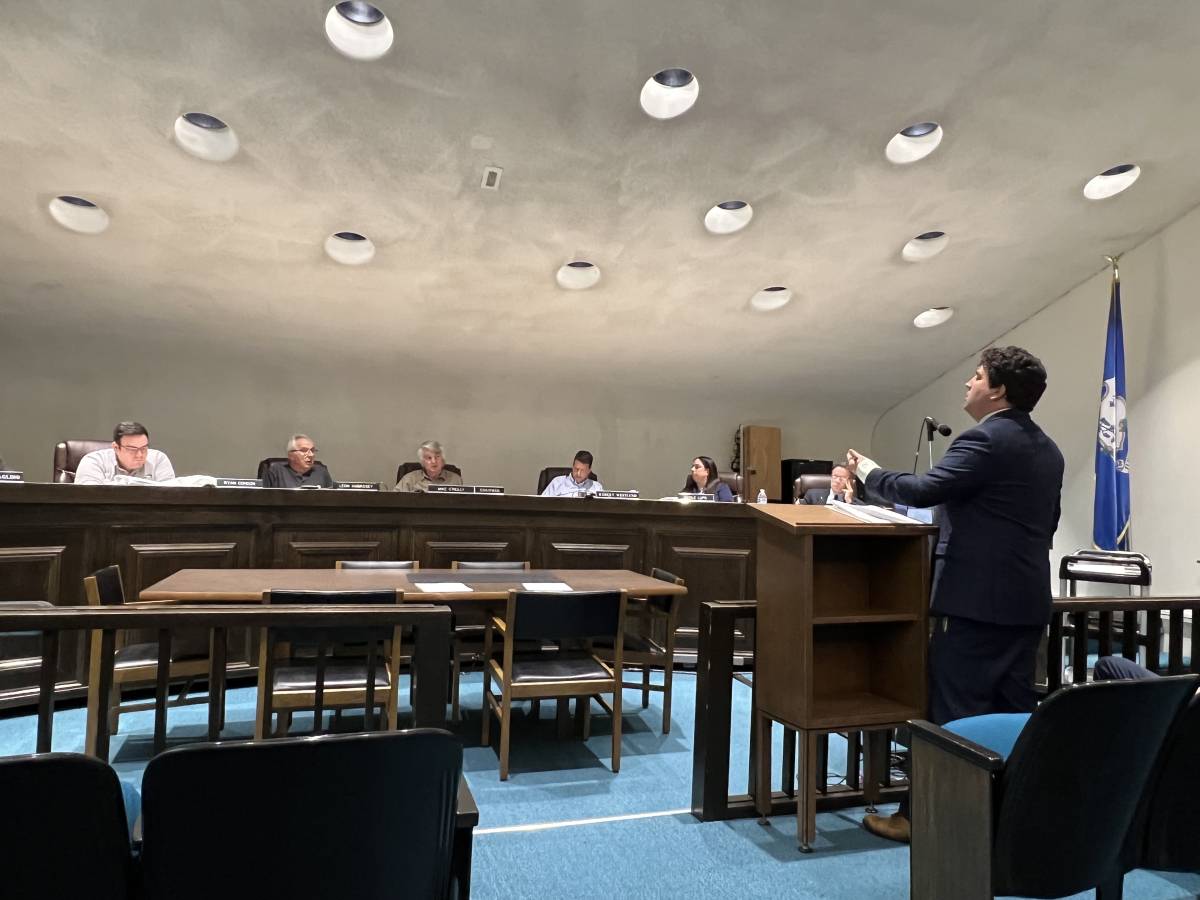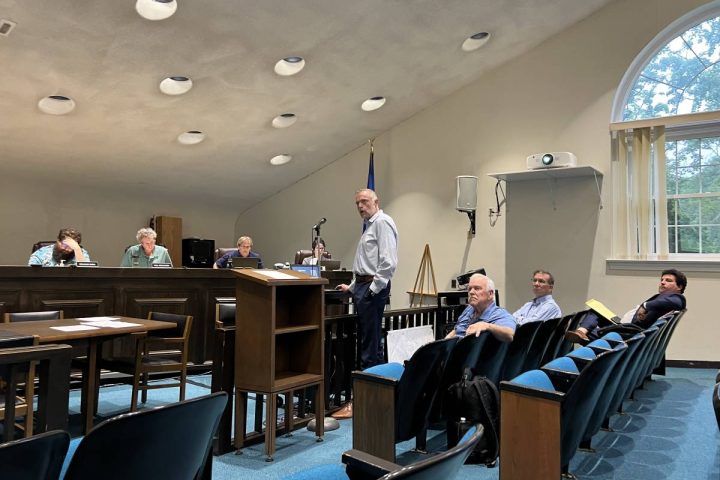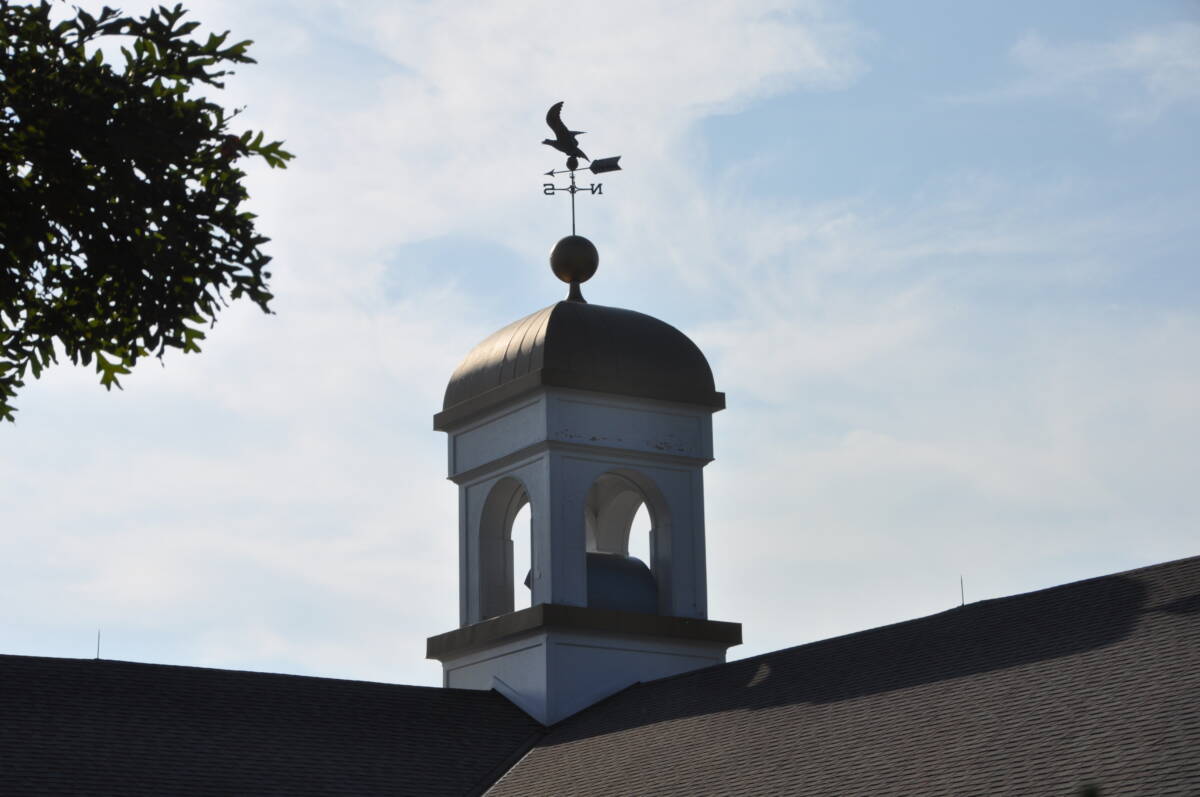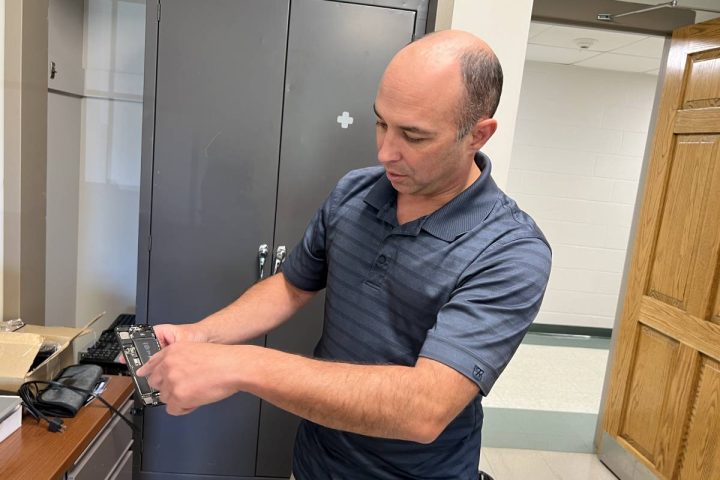MONROE, CT — In response to Planning and Zoning commissioners’ concerns over a lack of affordable housing, the developer for Quarry Ridge revised the 99-unit cluster housing proposal for Turkey Roost Road to include six affordable units within three one-story duplexes.
The developer also offered to reduce the total number of bedrooms within the complex by 81, which is approximately 20 percent less than what was originally proposed. Rather than every unit having four bedrooms, 63 units would have three bedrooms, 30 units would have four and the six affordable units would have one bedroom each.
“Though there is no restriction on the number of bedrooms for the 99 units, we are willing to do this,” said Christopher Russo, the attorney for the applicant.
During the hearing Tuesday night, Russo told the commission the affordable units are more geared to parents whose kids moved off to college or a young couple looking for a starter home.
Commissioner Ryan Condon expressed concern that the affordable units were not identical to the other units, but was told that is an 830-g requirement in which 30 percent of the units would have to be affordable.
While not an 8-30g development, the affordable units would still count toward the town’s housing inventory, according to Russo.
The applicant received a letter from Superintendent of Schools Joseph Kobza expressing support for a bus stop at the clubhouse as a safer option to having it at the end of the driveway at the intersection with Turkey Roost Road.
However, Kobza did express concern over the bus, which is 40-feet-long, being able to maneuver through the complex. Jason Edwards of J. Edwards & Associates, the engineering and surveying firm hired by the applicant, said changes were since made to the plan to enable a bus to move through the site.
On another outstanding issue, the developer came to an agreement with emergency responders on the emergency access driveway, which would have gravel to discourage the public from using it as another entrance and exit.
Russo said a police officer for the complex would also benefit the entire town.
A box turtle protection plan
Edwards said five water samples were tested, ensuring there is no lead contamination. He also said there is no verification that the site was ever used as a shooting range.
He said the fish and game club, which he believes is less than a mile away, has a shotgun range, so noises could be mistaken for shooting on the developer’s 150 acre plus property at 139, 141, and 201 Turkey Roost Road and 30 Cobblers Hill Court.
Dominic Smeraglino, a commission alternate, noted that the testing was only for water and that he wanted soil testing too.
Edwards told the commission they do not feel there is much of a need for blasting and, if there is, there won’t be a significant amount.
Commissioner Leon Ambrosey asked if they will do crushing there. Edwards said yes, and Ambrosey said they have to obtain an excavation and filling permit. But Planning and Zoning Administrator Kathleen Gallagher said the work is incorporated as part of the special exception permit that is being applied for.
In response to a follow up question from Ambrosey, Edwards said about 15,000 yards of rock would be processed on the site with the intention of using the material for onsite work, and possibly the water line.
By doing the crushing on site, Edwards said they would not have trucks constantly going in and out onto Turkey Roost Road.
The site will be served by public water and have a fire hydrant. Edwards said neighboring homeowners who tap in may see a reduction in their homeowner’s insurance premiums of 30 to 35 percent.
“We’re still talking to the gas company and getting numbers,” Edwards said of the possibility of extending a gas line to the property. “We’d like to do that, but the gas company has to work with us.”
A box turtle was identified on the site, so the applicant has a box turtle protection plan for the endangered species, according to Edwards, who said there will be further analysis to determine if any other endangered species are living on the property.
Nicole Lupo, an alternate who was seated as a commissioner Tuesday, asked if the potential impact on nearby Copper Mill Brook was taken into consideration and Russo said it was addressed during the Inland Wetlands Commission hearing.
A winding road
Michael Dion, senior project engineer with BL Companies, the consultant for the commission, reviewed the applicant’s traffic study, which was performed by Nick Havan, the principal transportation engineer of SLR.
Dion said he wants to ensure the left turn lane from Turkey Roost Road meets town and Connecticut Department of Transportation standards, adding the applicant agreed to work on that with the town engineer.
Ambrosey said Turkey Roost Road is windy and has a lot of blind spots, so he had asked for a roadway safety audit from Turkey Roost to Hammertown Road. “I would have thought that would be a great idea,” he said.
Dion said a road safety audit is a Federal Highway Safety term, adding audits are usually done to gather information before seeking funding to fix any problems.
Russo said the audit has to be independent and could not be from his client.
“I believe it falls on you,” Ambrosey said. “I have concerns about road conditions.”
Russo said the request has to be made by a third party consultant.
“Chris is right,” Dion said. “It’s by an independent firm, because it is an audit.”
Havan said having a developer do the audit, rather than an independent third party, would be akin to a fox minding the chicken coop.
According to SLR’s study, the housing would add about 900 more cars to the road per day, doubling the current traffic. Dion said 1,800 cars is still a low impact road, according to industry standards for which a road could have up to 4,000 cars and still be considered low impact.
Commissioner Robert Westlund said the road is already unsafe now with dips and blind spots. “I believe Turkey Roost Road needs a modification and to be redone in some spots, before we double the capacity on the road,” he said.
Fiscal analysis
Russo said the fiscal analysis for the project was not updated to account for the changes to six affordable units and 81 less bedrooms. Lupo said she would like to see an updated report.
Westlund asked if they calculated the change in the estimate of how many children the development could have. Russo noted that 70 was what their consultant originally came up with, but they did not update the number to account for 81 less bedrooms
Stanley Gniazdowski, president of Realty Concepts Incorporated, performed the economic impact study for the applicant.
Lawrence Cranor, senior project manager for RKG Associates, the consultant hired by the commission, said the project shows positive net revenue for the town.
Of changes in the number of bedrooms and the affordable units, Cranor said, “I don’t think any of this would turn the project into a negative fiscal impact,” though the developer’s estimate of each unit selling for around $800,000 would be different, he added.
“I don’t see anything that would turn the project into a negative, but it may diminish the net positive,” he said.
“I try to look at applications from both sides, the residents’ and the developer,” Commissioner Robert Westlund said. “We want responsible, safe developments the residents can handle. We need a mutually beneficial compromise. You guys are moving in the right direction.”
However, Westlund added, “at the end of the day, this is not going to produce a net positive fiscal impact to the town.” He also doubted the traffic numbers.
Russo pointed out that the town’s own consultant is satisfied with the fiscal analysis. He also said there are a number of other benefits that were not factored into the study, including the buying power of all the new residents who would frequent town businesses, as well as the conveyance taxes paid to the town of Monroe.
Smeraglino asked if construction could be slower to give the town time to catch up with the full impact of the project by considering roadway improvements and school space needs
Sidewalks
Condon verified that there will be trash pickups and that mail would be delivered to the clubhouse, while Amazon packages would either be brought to the clubhouse or directly to homes.
Ambrosey said he noticed the plan did not have sidewalks throughout the complex.
“We have them around the loop,” Edwards said of the main driveway.
“We should have sidewalks [in front of the homes] and on Turkey Roost, because people like to walk,” Ambrosey said, adding it would also be safer for children.
Town Engineer James DiMeo clarified that commissioners want sidewalks to be on both sides of the road throughout the complex. Russo said his client agrees to that.
A father’s legacy
Sherle Feher and her children live in the house her father built on Turkey Roost Road with his best friend in the 1970s, a place she has called home since she was four-years-old.
“It used to be a country town,” she recalled. “There was not a lot of traffic on my road.”
Now she said her street is used as a cut through for people driving to Jockey Hollow Middle and Fawn Hollow Elementary schools.
When the previous owner of the applicant’s property on Turkey Roost ran an illegal quarrying operation, Feher said her family put up with noise from blasting, which cracked foundations, and dump trucks, which damaged roads, for over a decade.
“This is my father’s legacy. He built it for me and my children,” Feher said. “I’m going to stay in my home until I die there — and I’m not going to listen to this ruckus again. Turkey Roost is a dangerous road and we don’t need any more traffic and noise. I’m very upset and I don’t want this project to go through.”
Feher joined her neighbors’ concerns over the potential impact of more students on the school system, especially Fawn Hollow which is already bursting at the seams.
Frank MacPhail, of Turkey Roost Road, spoke in favor of making the project an age 55-and-older community to cut down on the traffic it would bring to the area.
But Gallagher said Monroe has a cap on age restricted housing units and there are only two or three more units that could be built in town.
MacPhail expressed doubts over the developer’s previous estimate of the four-bedroom units selling for $800,000 and asked if the commission could request comparable sales in the area to verify it.
Amy Hare, of Wild Horse Court, suggested that the developer pay to have neighboring homeowners hook up to the water line as a concession for their roads and ends of driveways being torn up to extend the water main.
Hearing continued
The commission decided to keep the hearing open, continuing it to April 18.
In his closing statement, Russo noted how his client finished the remediation plan for the property to repair the damage from the old quarry. He also reminded the commission how most of the site is in a multifamily residential district (MFR) that allows 99 units to be built.
Russo said an advantage of an MFR is they will plant hundreds of trees, while preserving over 85 acres of open space.
“We are coming in completely compliant with a zone and regulations already set, and choosing the less dense option under this regulation,” he said. “This site was already selected for this type of development.”
All respectful comments with the commenter’s first and last name are welcome.






